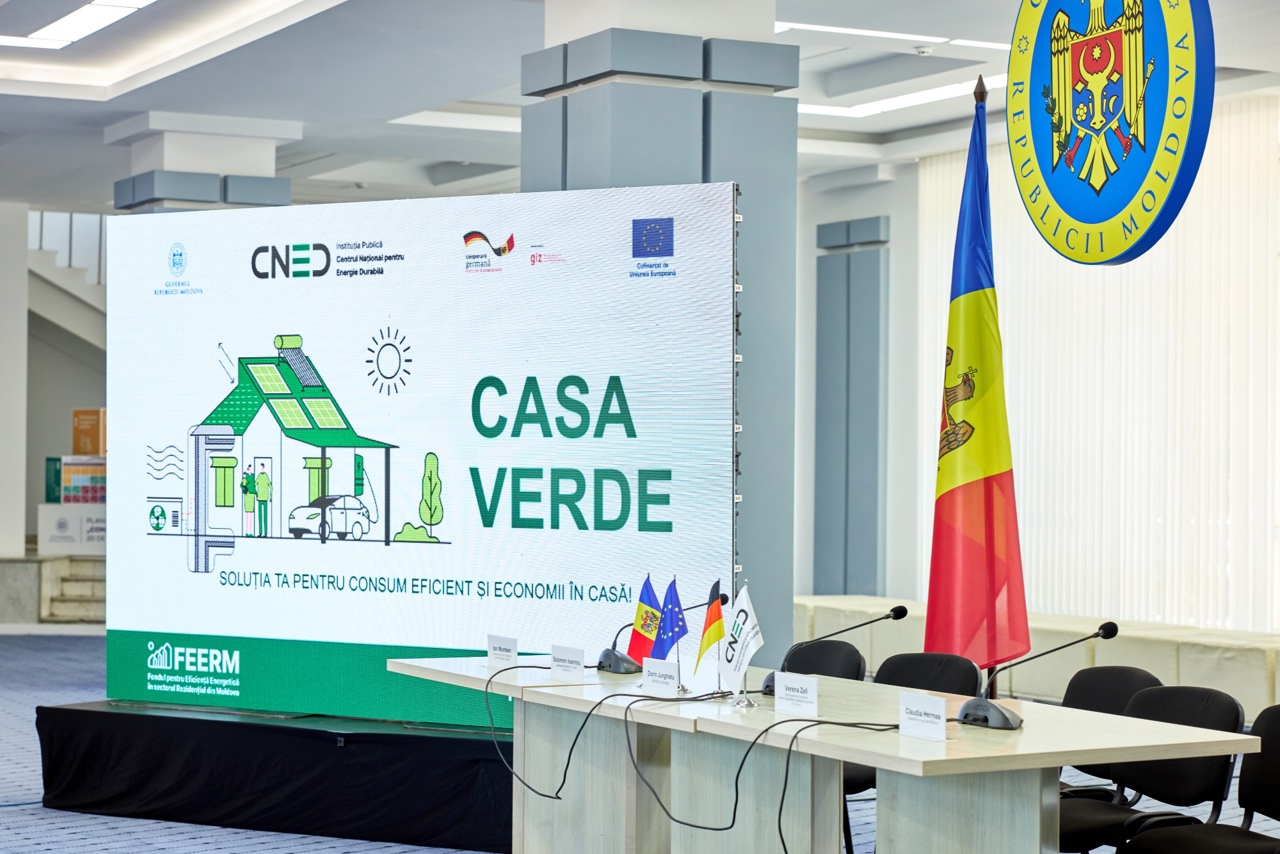Moldova battles fake news as EU referendum nears
The information war on the eve of the EU accession referendum and the prospects of removing Russian troops from the territory of the Republic of Moldova are the main headlines in the press, reviewed by Victoria Colesnic.

The European Union delegation warns that recently, there has been an increase in false information and doctored video clips. ProTV.md publishes a report discussing the abundance of fake content in the online environment and beyond. As the Republic of Moldova's EU accession referendum approaches, Russian propaganda is becoming increasingly powerful. The publication notes that although several pages spreading fake content have been blocked, hundreds of new pages continue to appear in their place each time. TikTok tops the list of platforms for distributing fake content, followed by Telegram, Facebook, and more recently, YouTube and Google. Citizens are urged to be cautious about where they get their information and to verify multiple sources to avoid being misled.
As long as the Transnistrian conflict remains unresolved, Russian troops, unconstitutional authorities, and paramilitary forces in Tiraspol will continue to pose a threat, writes Radio Chișinău, which features an interview with security expert Pavel Horea. According to him, the Russian troops illegally stationed on the territory of the Republic of Moldova violate the Constitution and the country's neutral status from the outset, representing a significant security risk. He also points out the ongoing confusion between the peacekeeping forces and the Russian forces in the Operative Group. Essentially, it is the same command structure, with the same soldiers serving as peacekeepers one day and guarding depots the next, stationed in the same barracks. We observe this rotation of officers and soldiers, most of whom are locals.
In the Republic of Moldova, every other employee works off the books, writes IPN, citing an analysis by Euronews based on data from the European Free Trade Association. Additionally, informal employment—work without a contract, legal protection, or social security—remains widespread worldwide. According to the 2023 estimates of the International Labour Organization, 58% of the global workforce is employed off the books. When agricultural workers are excluded, the figure drops to 50%. Among EU countries, Hungary recorded the highest rate of informal employment at 17.8%, followed by Poland at 9.8%.
A company within the Sheriff holding has become the largest exporter of peas from Moldova, reports mold-street.com. In the first seven months of 2024, the Republic of Moldova exported 10,285 tons of peas, more than double the total export volume of 2023, according to an analysis by Iurie Rija, the executive director of the Association of Agricultural Products Exporters and Importers. Approximately 23 percent of the total was exported by an enterprise belonging to the Sheriff holding, controlled by the oligarch Victor Gușan. The main markets for peas from the Republic of Moldova are Romania, India, the Philippines, Bangladesh, and Egypt.
Consumer loans taken from banks have broken all records, both in volume and number. Jurnal.md published an analysis by economic expert Veaceslav Ioniță, highlighting that in the first half of this year, the number of loans increased by 25% compared to the previous record in 2021. According to him, 5% of families in the Republic of Moldova have taken out consumer loans to purchase various goods. The volume of these loans has also reached its highest level, amounting to 3.4 billion lei.
Illegal cigarette trade in Romania has seen a record decline over the past three years; however, cigarette smuggling from the Republic of Moldova across the Prut River remains high, writes mold-street.com. The reason is the excise duty on cigarettes in Romania, which is twice as high as in Moldova. According to a study, over 22% of the cigarettes on the black market in Romania are smuggled from the Republic of Moldova. The Romanian Customs Authority assures that new scanners will be installed at the border, which will help combat the illicit passage of tobacco products.
Less than one percent of agricultural land in Moldova is insured, reports ProTV.md, citing data from the Agency for Intervention and Payments for Agriculture. This is despite the state's subsidy of 70% of insurance payments. On the one hand, farmers claim that insurance companies refuse such contracts, especially in cases of drought and in the southern region of the country. On the other hand, insurance company representatives say they are forced to decline such contracts due to the high risks and financial losses involved.
Translation by Iurie Tataru



